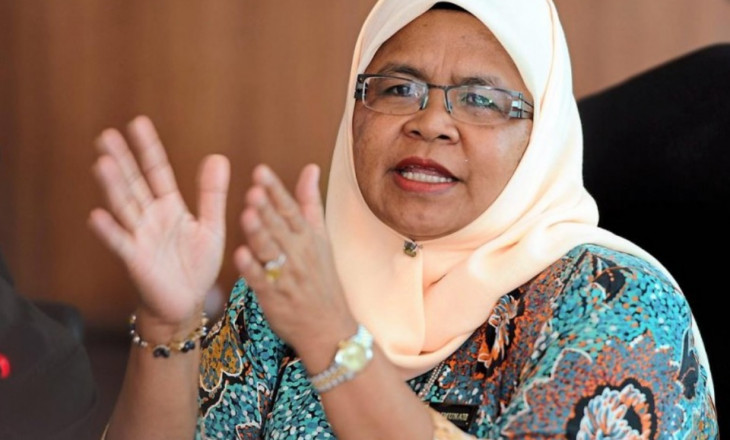Kenya elected UN-Habitat vice-chair

Kenya has been elected vice-chair of the Executive Bureau of the United Nations Human Settlements Programme (UN-Habitat).
At its first session held in Nairobi from March 29 to 31, the Executive Board of UN-Habitat elected Brazil as the new chair of the Bureau, representing Latin American and Caribbean States.
Kenya, representing African states, Pakistan, representing Asia and Pacific states, and Poland, representing Eastern European states, were elected vice-chairs.
France, representing Western European and other states, was elected rapporteur.
Accountability
Executive Board of UN-Habitat exists to provide oversight of the agency by the Member States including implementation of normative and operational activities, ensuring accountability, transparency and effectiveness, and reviewing and approving the work programme and budget of the organisation.
Board convenes two to three times a year.
First Executive Board session was attended by 96 Member States, including 36 Executive Board members elected by the UN-Habitat Assembly.
At the same time, Housing and Urban Development Principal Secretary Charles Hinga has urged the diplomatic community based in Kenya to lend support and attend the 9th Africities Summit set to take place in Kisumu from May 17 to 21.
Africities is the United Cities and Local Governments of Africa’s flagship pan-African event held every three years in one of the five regions of Africa. It is supported by UN-Habitat.
Africities mobilises communities and local authorities in African countries, as well as financial institutions, civil society groups and development partners at continental and international level.
This year’s theme is “The Role of Intermediary Cities in Achieving the 2030 Agenda for Sustainable Development and African Union Agenda 2063.”
Hinga said the world was urbanising rapidly with urban areas being home to over half of the world’s population.
Projections showed that by 2030, the world would have 43 mega cities with over 10 million inhabitants. By 2050, two thirds of humanity will be living in urban areas.
Financial matters
“The role of UN-Habitat is, therefore, crucial in promoting sustainable cities and human settlements, and enabling Member States to effectively harness the transformative power of urbanisation,” the PS said at the opening of the Executive Board. “Since we last met in November 2021, in the space of four months, the world has changed dramatically. We are in the grip of political uncertainty worldwide.
“Let me reiterate statement of the Secretary-General that it is never too late for peace,” said Executive Director of UN-Habitat Maimunah Mohd Sharif at the opening of the Executive Board.
Members of the Executive Board deliberated on financial, budgetary and administrative matters of UN-Habitat.
They reviewed UN-Habitat’s draft annual work programme for 2023, as well as selected activities of the agency.
Executive Board also discussed preparations for the High- Level Meeting of the General Assembly to assess implementation of the New Urban Agenda, to be held on April 28 in New York.
In her statement, Kenya’s Permanent Representative to UN-Habitat Ambassador Jean Kimani appreciated the presentation on the High-Level Meeting on the New Urban Agenda.
“We look forward to an action-oriented meeting, which will revitalise the New Urban Agenda,” she said.








